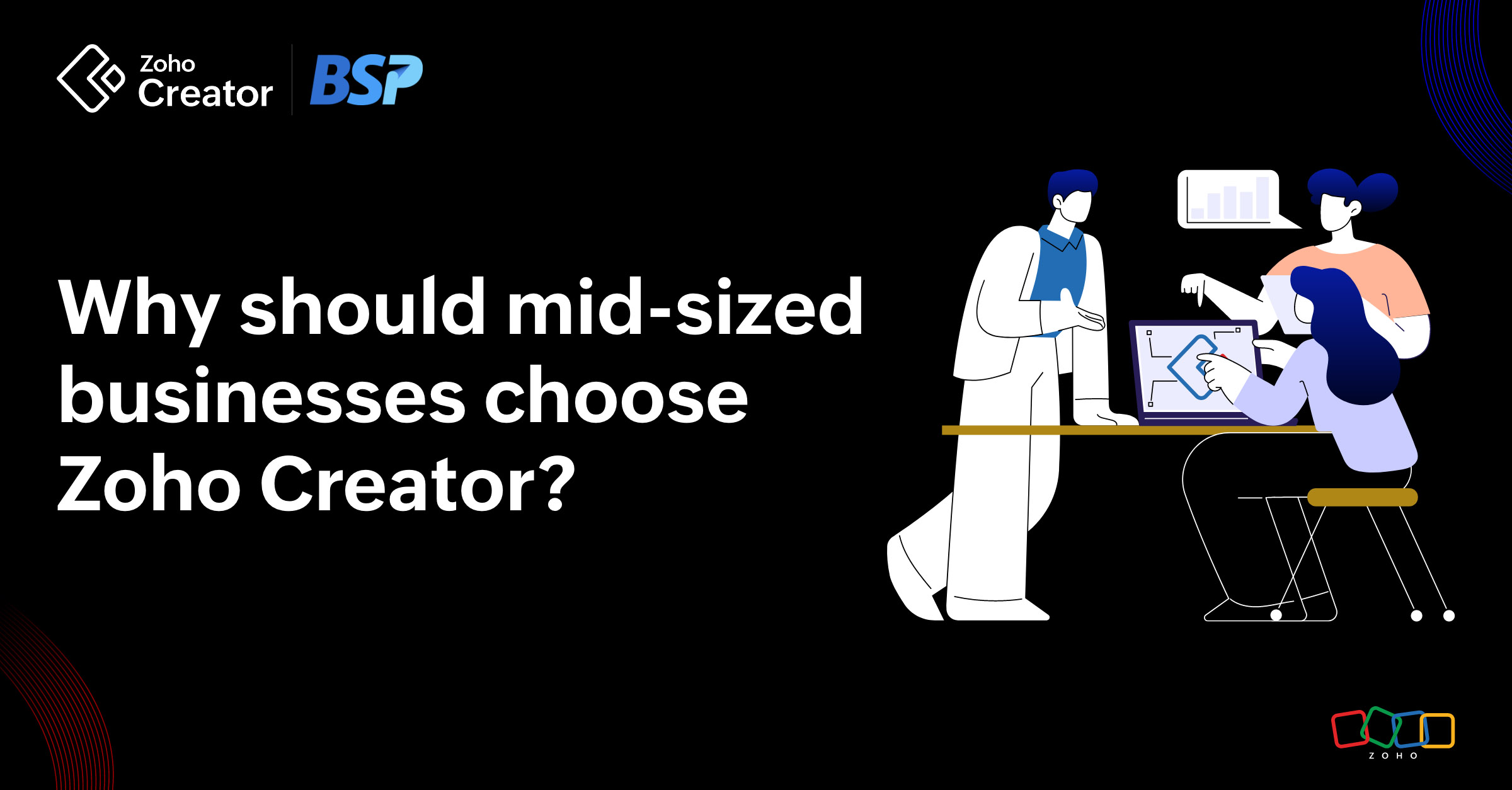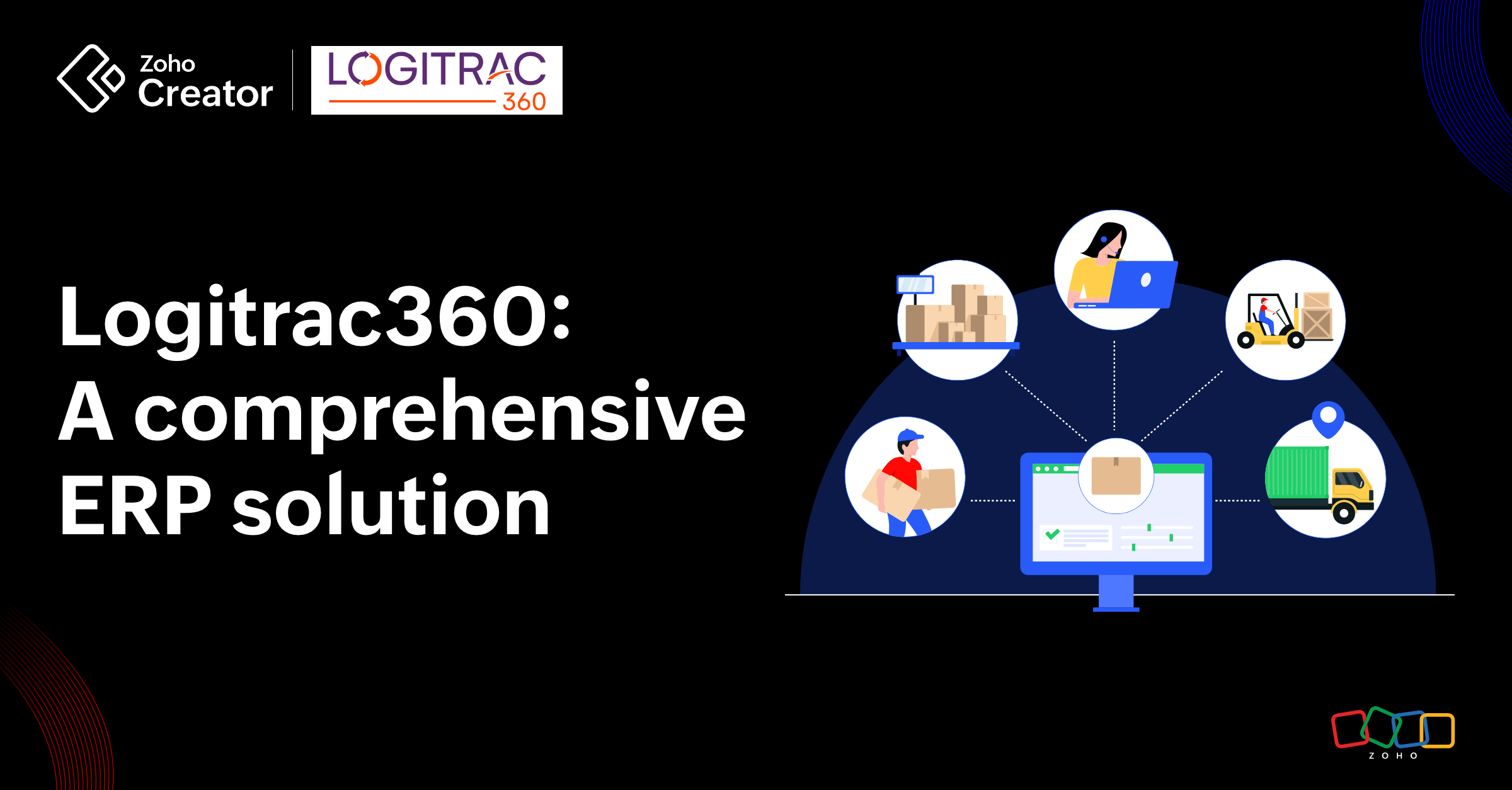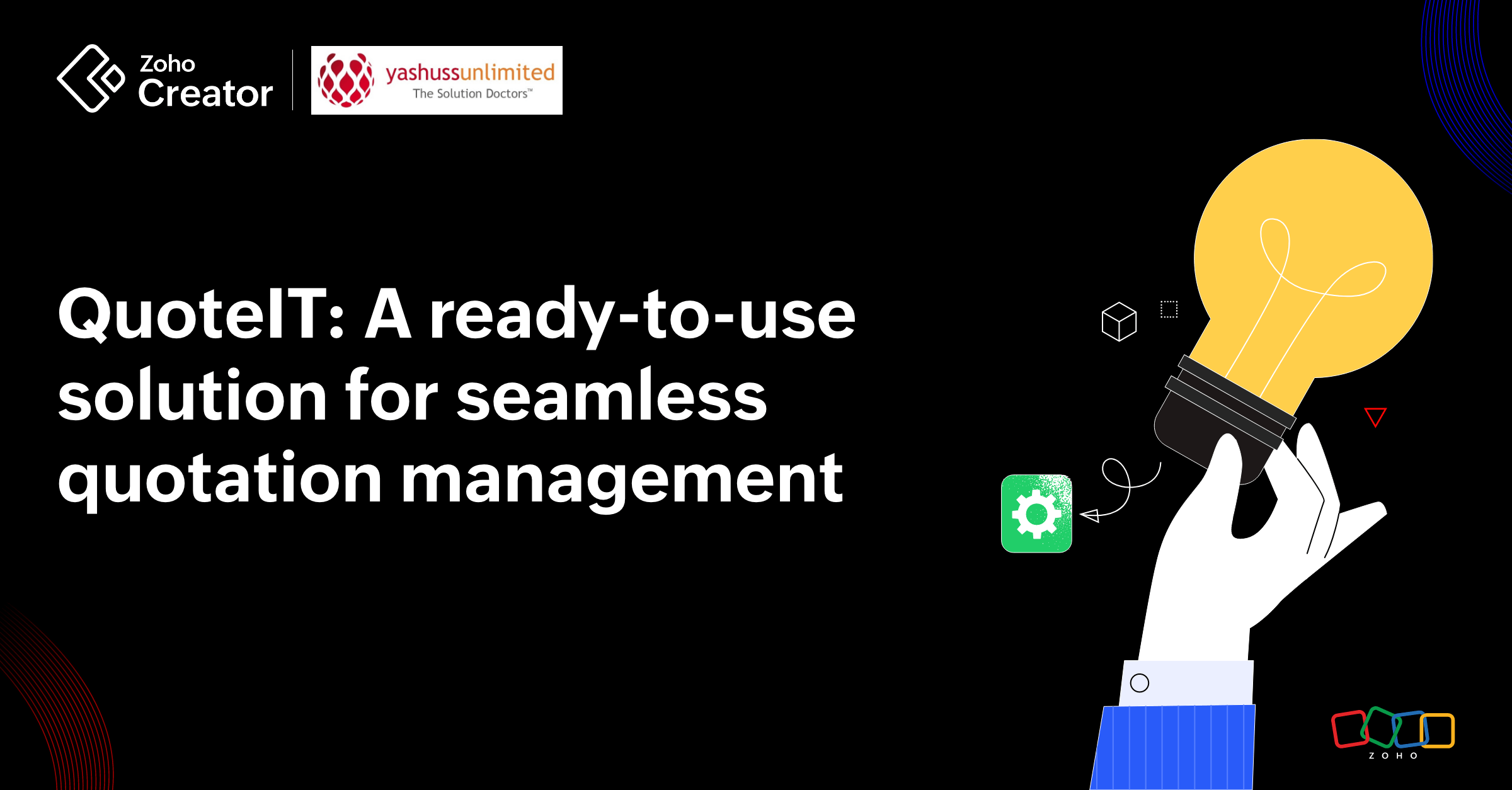- HOME
- Create Your Way
- Top 4 benefits of using white label software
Top 4 benefits of using white label software
- Last Updated : December 4, 2025
- 2.0K Views
- 5 Min Read
Are you part of your enterprise’s IT team looking to build custom apps to automate key internal processes? Or perhaps you’re an agency looking to build tailored apps for your clients?
Here are two common roadblocks you might run into:
- Building and maintaining new software from scratch takes a lot of time and resources.
- You want to customize the app to incorporate your branding guidelines.
Enter white label software.
Highlights
- White-label software lets businesses resell products under their own brand.
It drastically lowers development costs and time-to-market.
Companies gain full branding control without engineering a product from scratch.
It enables service expansion, revenue growth, and scalable customization.
Ideal for agencies, startups, and B2B solution providers.
In this piece, we’ll talking about what whitelabelling means and why it might be a good fit to solve these roadblocks and get your custom branded app up and running for your enterprise or your client in no time.
What is white label software?
Acquiring software developed by another enterprise for a specific use case and rebranding and monetizing it using your own unique elements—such as icons, text, colors, and visuals—is white labelling. The software customized in this way is white label software.
Why do you need white label software?
Conventional software development is:
- Hard - It requires enlisting the help of skilled software engineers to develop, deploy, and maintain.
- Expensive - Recruiting a team of developers to develop your software costs a lot of money.
- Time-consuming - Typical software development projects take months or even years, in some cases.
To develop software you have to invest a lot of time and money—and even if you have in-house expertise, there's still the time factor to consider. Developing apps can sometimes take years.
So if a typical software development endeavor takes a lot of time, effort, and money, what are the alternatives?
How can you monetize software without the hassle of investing a huge amount of time and money developing it?
One way is to acquire customizable software developed for a particular use case by another company, and then rebrand it as your own. In short, white label it.
White labelling software saves you time, money, and effort, and comes with several other advantages.
The top 4 benefits of using white label software
1. Deep branding and customizability
You can customize white label software with your own branding elements. Visuals, text, icons, themes... the list goes on. The white labelled software appears as if your organization has actually engineered it, and you can sell the white label apps as if they were your own products.
2. Less effort required
The developer of the white label software takes care of all the software development requirements. This includes:
Code infrastructure and engineering
The software is already built from scratch—you don't need to develop any components of the software. The infrastructure: the front-end, the back-end, in fact the entire development stack, is already taken care of. So you don't have to think or spend time on engineering the apps for your particular business use case.
Testing
If you develop software on your own, you'll have to ensure that, for it to be bug and defect free, it is thoroughly tested before deploying it. This testing endeavour usually takes awhile, prolonging the time taken for the software to hit the market.
In the case of white labelled software, the developer tests it before rebranding it for your organization, thus saving time on the entire testing effort.
Maintenance
Once you release the software, then comes the long and arduous task of maintaining it. This includes updating it periodically, and patching it for bugs, vulnerabilities, and so on.
For white labelled software, the supplier takes care of the maintenance. If you want to update your branding of the software, you only need to provide the requisite collaterals to the provider of the white labelled software.
3. Faster time to market
Because the white labelled software's provider takes care most aspects of the software's life cycle, you can focus on the essentials.
White label software cuts down on miscellaneous and ancillary software development efforts, and lets the organization focus on the essentials.
4. Cost and time savings
With white labelled software:
No time spent developing the software? Check.
No time spent testing the software? Check.
No time spent maintaining the software? Check.
All this translates into capital saved, which you would have otherwise spent on developing, testing, and maintaining the software.
This frees up much-needed capital for your marketing and other efforts.
How to get white label apps?
Option 1: Get in touch with a software developer who specializes in providing white label software.
Option 2: Use a platform which allows you to build applications easily and then white label them.
Let's take a look at each of the above options.
Option 1: Contract a white label app provider
These are software houses which specialize in providing white labelled software for you. They will already have a solution which can be white labelled.
The advantages
Zero development effort. Saves time.
Ready-made software which can be quickly customized and rebranded.
The disadvantages
The technology of these white label software providers will occasionally need licensing. This will incur additional costs.
The price will be exorbitantly high because of the time and money already spent by the software house in developing the apps.
Post white labelling, software requirement changes will take time and will cost a lot, because of the engineering effort involved. In some cases there will be no possibility of modifying the features of the white labelled software.
Vendor lock in: You'll have to go with the technical decisions made by the software's vendor.
Option 2: Use a platform which allows you to build applications easily and later white label them
What if you could develop software easily, and then white label it? Is this possible?
Yes—and the answer is through low-code platforms. Low-code means the usage of minimal coding to develop software. Software development on low-code platforms is ten times faster than conventional methods.
These platforms, like Zoho Creator, offer a drag-and-drop interface to develop applications. Once you've developed the software on these platforms, you can easily white label them with your orgnaization's icons, themes, images, and other custom elements.
Advantages of using low-code platforms to create white labelled software
You can develop software on your own easily, and at a fraction of the time when compared with traditional ways of software development. No need to look for a third-party vendor.
You can white label the software on your own. No need to wait for the vendor to do it. You can also update the white labelling at any point in time, all by yourself.
You only pay a subscription fee to use the white labelled software. There are no licensing costs for the tech.
Disadvantages
It might take a little bit of time to become familiar with the low-code platform and start building software on it.
White labelled apps are a quick, trusted, and great way to bolster an organization's solution repertoire. Instead of laboriously developing applications from scratch, white labelling software is a quick way for an organization to focus on the application logic and intended functionalities, instead of wasting time on ancillary aspects of application development. These apps save organizations time and money.
Leveraging low-code platforms like Zoho Creator to create white label apps is a viable technique for maximizing the benefits from this approach.
 Prasanna Venkatesh
Prasanna VenkateshPrasanna Venkatesh is a Marketing Analyst at Zoho, for the low-code platform Creator. His work experience spans Marketing, Software Engineering, QA, and Customer Support.



